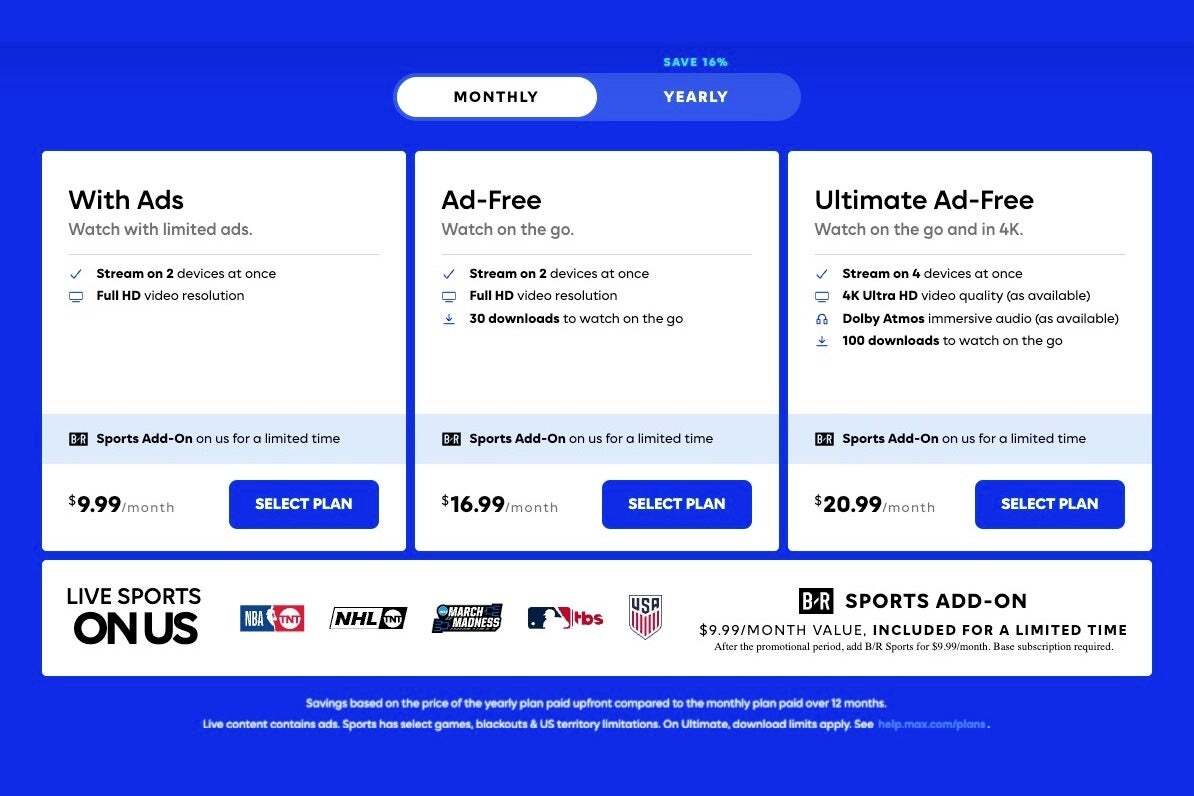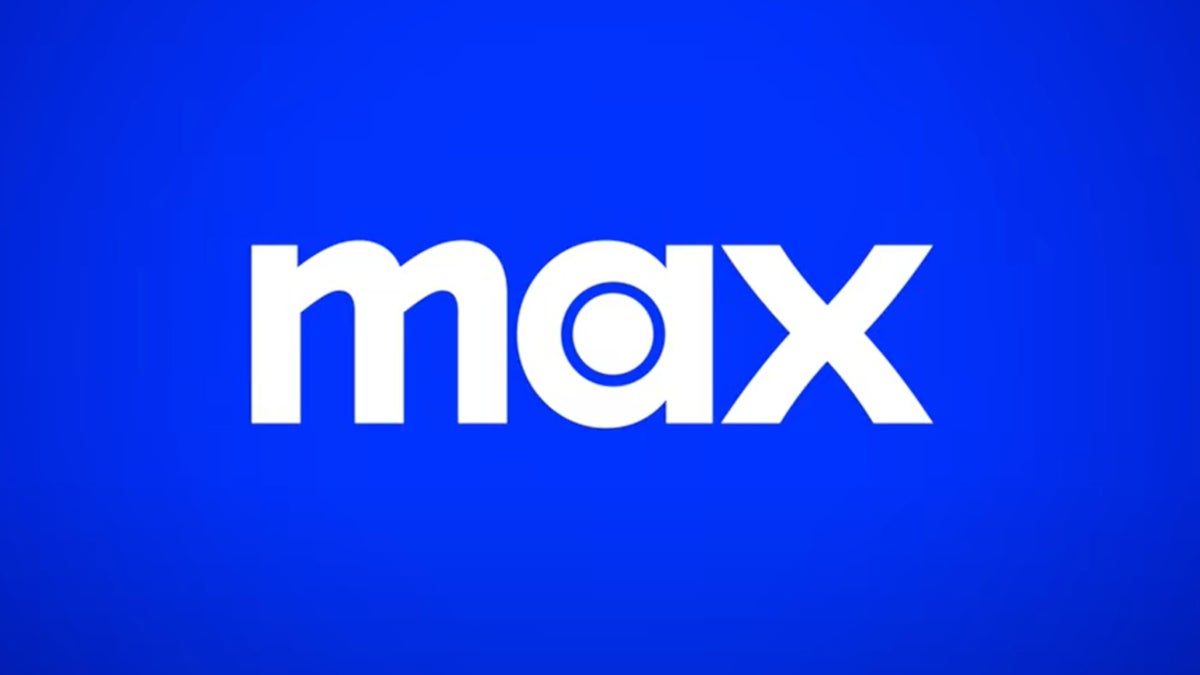Expect messages about paid sharing soon
Earlier this year, Max hinted at cracking down on password sharing, but nothing came of it. Well, it’s finally happening. According to a recent report, CFO Gunnar Wiedenfels revealed on an earnings call that Max will soon start notifying password sharers. The message? Pay up if you want to keep sharing your account.It seems that, like some of its streaming competitors, Max isn’t completely banning password sharing but rather turning it into a revenue opportunity. CFO Wiedenfels referred to password sharing as “a form of price rises,” explaining that the company is asking members who haven’t signed up or multi-household users to pay a bit more.
By acknowledging “multi-household members,” Max at least shows it understands the appeal of letting family members who don’t live together share an account. However, it’s still unclear what kind of restrictions Max will put in place to prevent multi-household sharing from being taken advantage of.
Wiedenfels didn’t completely rule out the idea of a price hike for Max either. He mentioned that the service’s “premium nature” gives them “a fair amount of room” to adjust the price, hinting they’ve been cautious so far. Just to remind you, Max already raised prices for its ad-free plans back in June.

Current Max plans and pricing. | Image credit – Max
Max’s approach seems to follow in Disney Plus’s footsteps, which began warning customers about paid sharing months before introducing its “extra member” option. Netflix also took similar steps last year, asking users to pay extra for sharing passwords.
With so many streaming services out there, it really adds up each month if you want access to a wide range of content. This is where sharing passwords with family and friends becomes handy. I mean, as a regular user, it’s a great way to save some cash. I get why companies aren’t thrilled with it – they want more subscribers to boost their profits. But I think they should consider offering more bundle deals or flexible options for us to get multiple services at once, at a lower price than paying for each one separately. What do you think?
